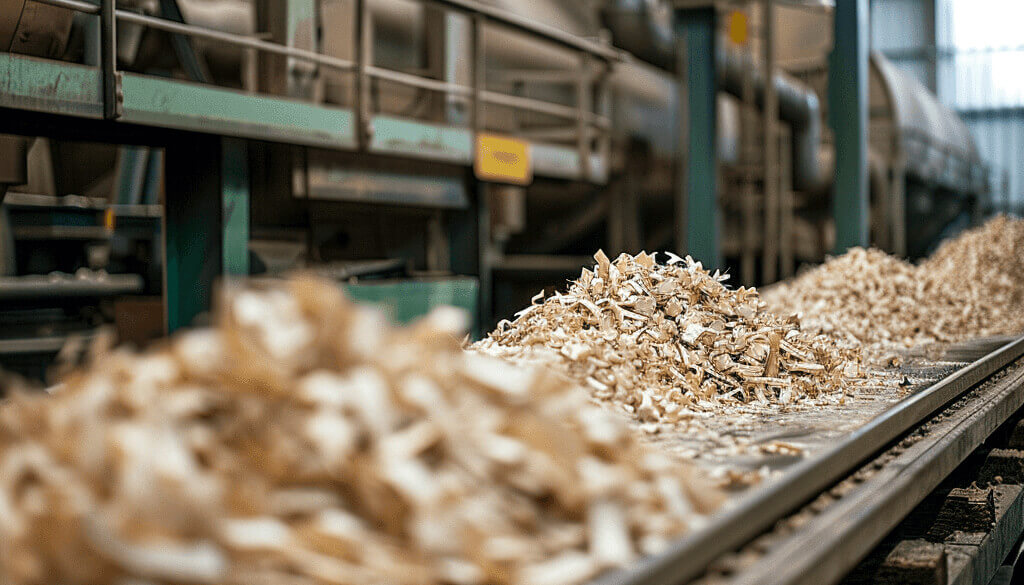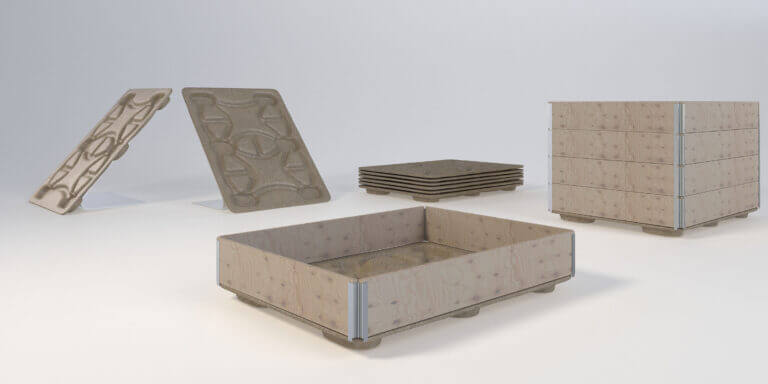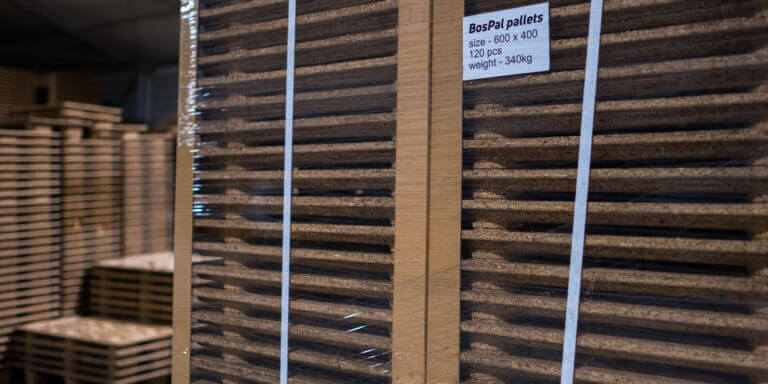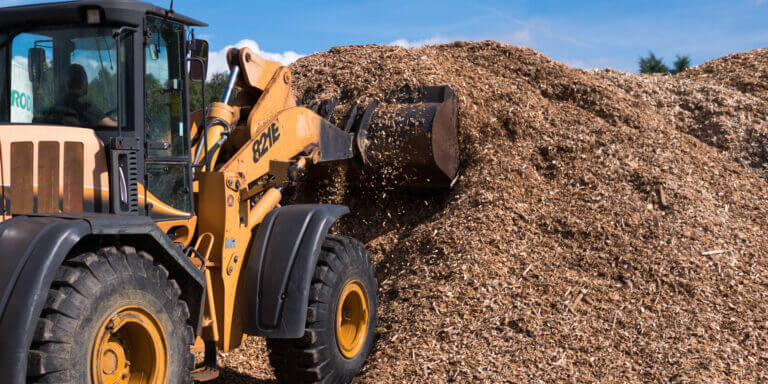Modern solutions in pallet manufacturing - how technology is changing the industry
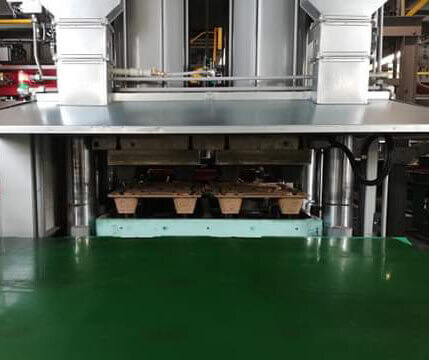
The logistics and transport industry has undergone significant changes in recent years, mainly due to increasing environmental awareness and technological advances.
One of the key elements in this process is pallets – indispensable tools for transporting goods around the world. Modern technologies, such as the verzalite process, are bringing about a revolution in pallet production, making them more durable, economical and environmentally friendly.
Euro pallet - the standard in logistics
The Euro pallet, also known as the EUR or EPAL pallet, is a standard in the transport industry. The dimensions of a Euro pallet are 1200 × 800 mm. With its versatility and durability, euro pallets are widely used throughout Europe.
Pressed wood pallets are characterized by extremely low weight. Bospal ‘s flagship EPAL weighs just 12 kg, unlike standard wooden pallets, which weigh between 20-24 kg.
Weight reduction brings important benefits such as lower transport costs, easier handling during loading and unloading, or saving space in storage as well as in transport.
The verzalite process - the future of pallet production
One of the most promising innovations in pallet manufacturing is the verzalite process. This technique involves the use of recycled wood, which, when mixed with synthetic resin, is moulded under high pressure and temperature.
The result is a material with exceptional durability and resistance to external factors, such as moisture or temperature changes. Manufactured pallets this method, not only comply with the standards ISPM-15 regarding international transport, but are also lighter than their traditional counterparts, resulting in lower transport costs and CO2 emissions.
Environmental and economic benefits
Innovations in pallet manufacturing, such as the verzalite process, are impacting the industry not only by increasing the efficiency and durability of products, but also through their positive impact on the environment. The use of recycled wood and green materials significantly reduces the need for virgin raw materials and also reduces waste. In addition, such pallets harmonise with sustainability, as less weight means less raw material and energy consumption at the production stage.
Although traditional wooden pallets dominate the market, increasing pressure on sustainability is pushing manufacturers to find new, eco-friendly solutions. As an example, packaging for the automotive sector.
Challenges and the future
Despite the numerous benefits, the implementation of modern technology in pallet production faces various challenges. Initial costs for upgrading production lines can be significant and market requirements are constantly evolving.
The introduction of new technologies, such as the verzalite process, in pallet production is a step towards a more sustainable and efficient future for the logistics industry. These innovations are not only changing the way we produce and use pallets, but also how we perceive their impact on the environment.
As the industry moves to minimise its carbon footprint, we can expect further innovation and improvements to drive the development of sustainable logistics solutions.

